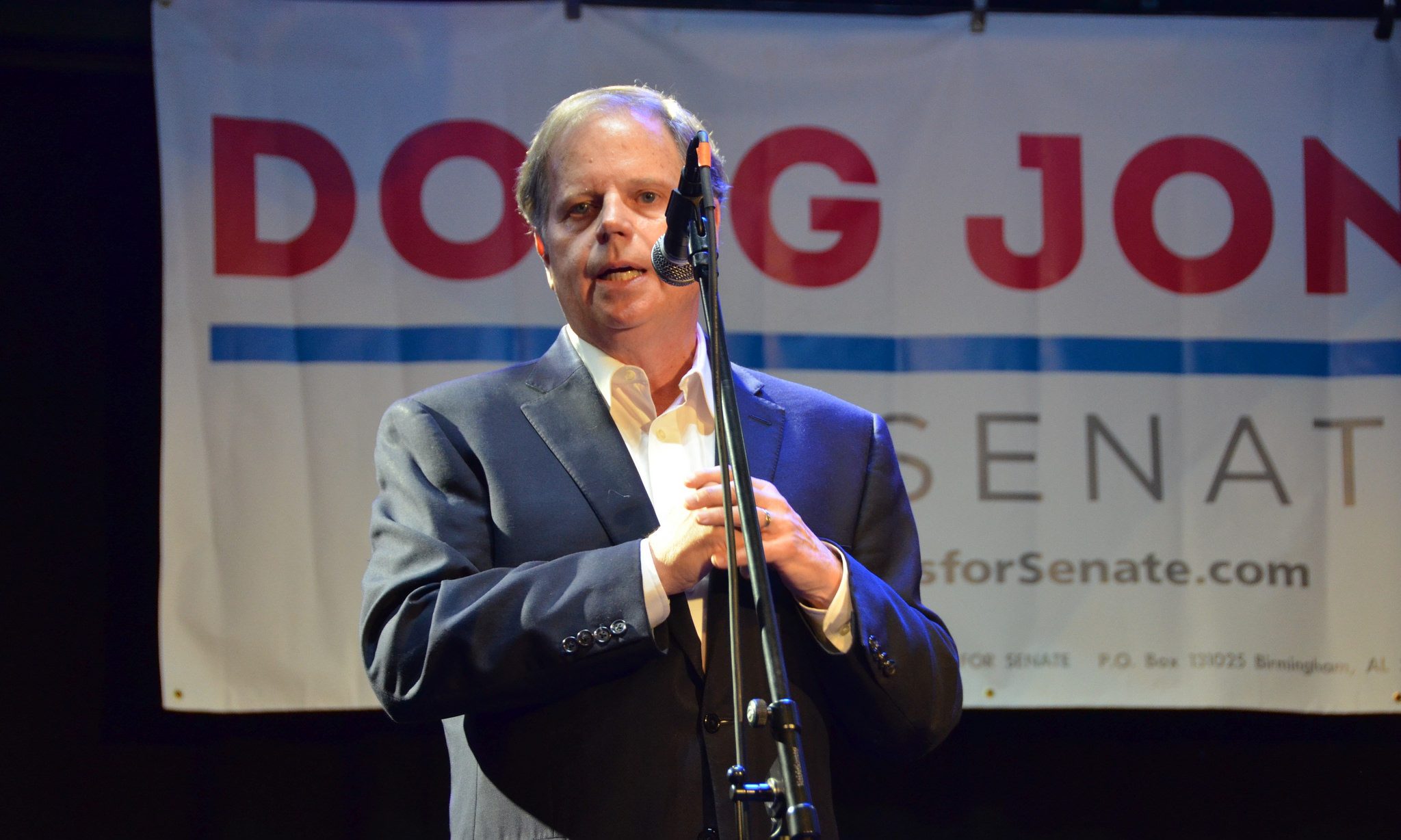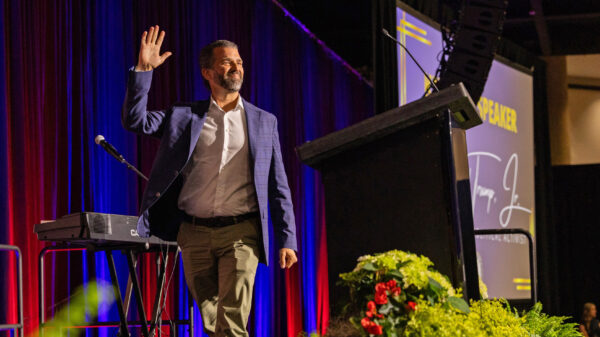Sen. Doug Jones, D-Alabama, is leading a bipartisan effort to urge the U.S. Department of Commerce to release its report on whether imported automobiles and auto parts threaten the country’s national security.
The department initiated a national security investigation into automotive imports under Section 232 of the Trade Expansion Act of 1962 in 2018 under the direction of President Donald Trump.
Under that law, the president has the power to impose unilateral trade restrictions, such as tariffs and quotas, on certain goods that have been found to threaten national security.
The report was delivered to the president on Feb. 17, 2019, starting a 90-day review period for the president to decide whether he will impose restrictions.
After briefings on the classified bill, Jones and several other senators wrote a letter to Commerce Secretary Wilbur Ross asking for clarification on several questions, including how Commerce defined national security and whether the department met with any stakeholders in support of tariffs on automobiles and auto parts.
On Friday, Trump said in an interview with Fox Business news that he believes imports of automobiles and auto parts do not pose a threat to national security, but he would be willing to implement tariffs on cars from Europe and other regions to pressure them into investing more into the U.S.
“The president confirmed this morning that he doesn’t believe imports of autos and auto parts pose a threat to national security and that he was just attempting to use the threat of these tariffs as a bargaining chip — but even the threat of tariffs is harmful to Alabama’s auto industry,” Jones said. “I hope the administration will release this report as soon as possible and remove the threat of these tariffs so our auto workers and manufacturers can do their jobs without this hanging over their heads.”
Jones has led two efforts to protect auto workers and manufacturers this year: a bill that would reform the national security tariff process to protect Alabama auto manufacturing jobs and a bill that would delay the administration’s proposed auto tariffs by requiring the International Trade Commission to conduct a comprehensive study of the well-being of the U.S. auto industry before applying tariffs.






















































